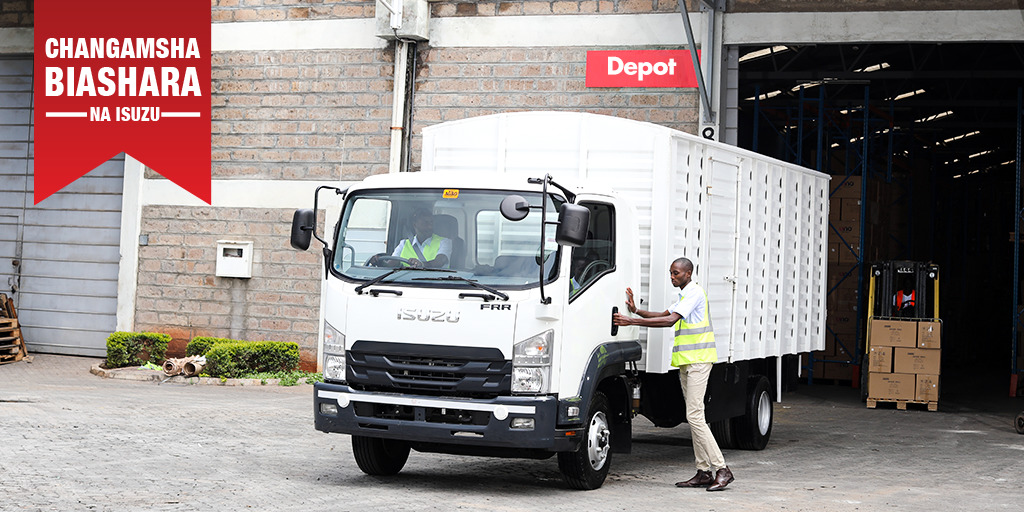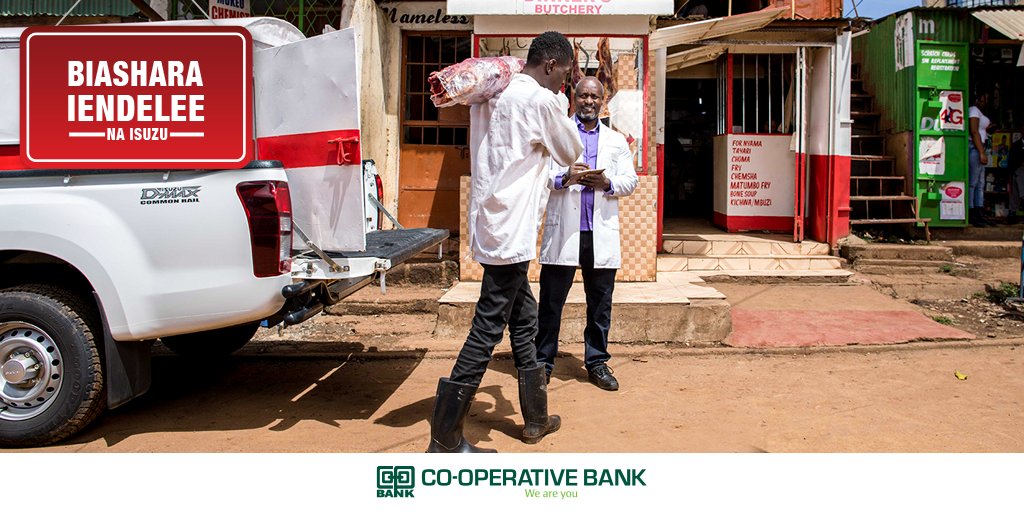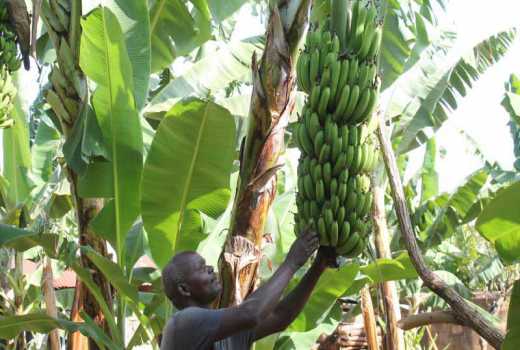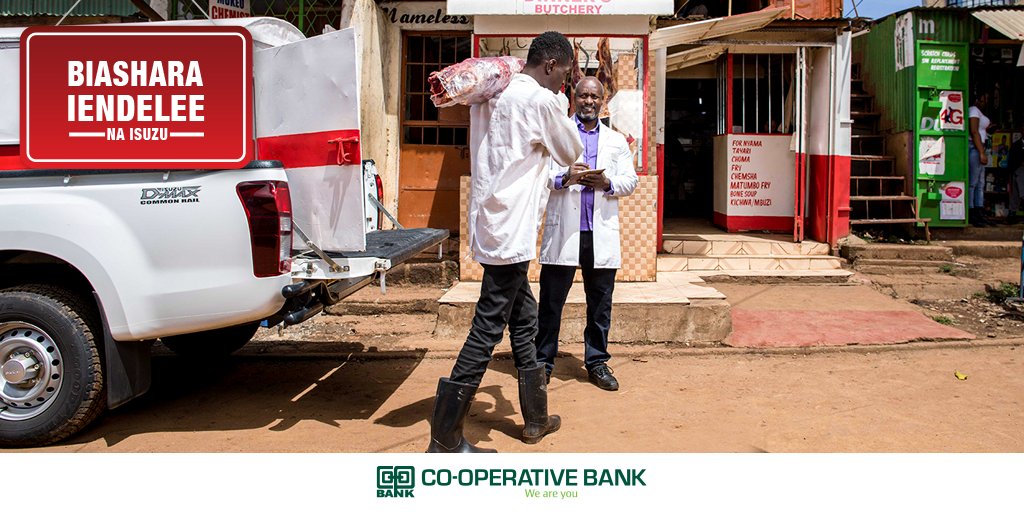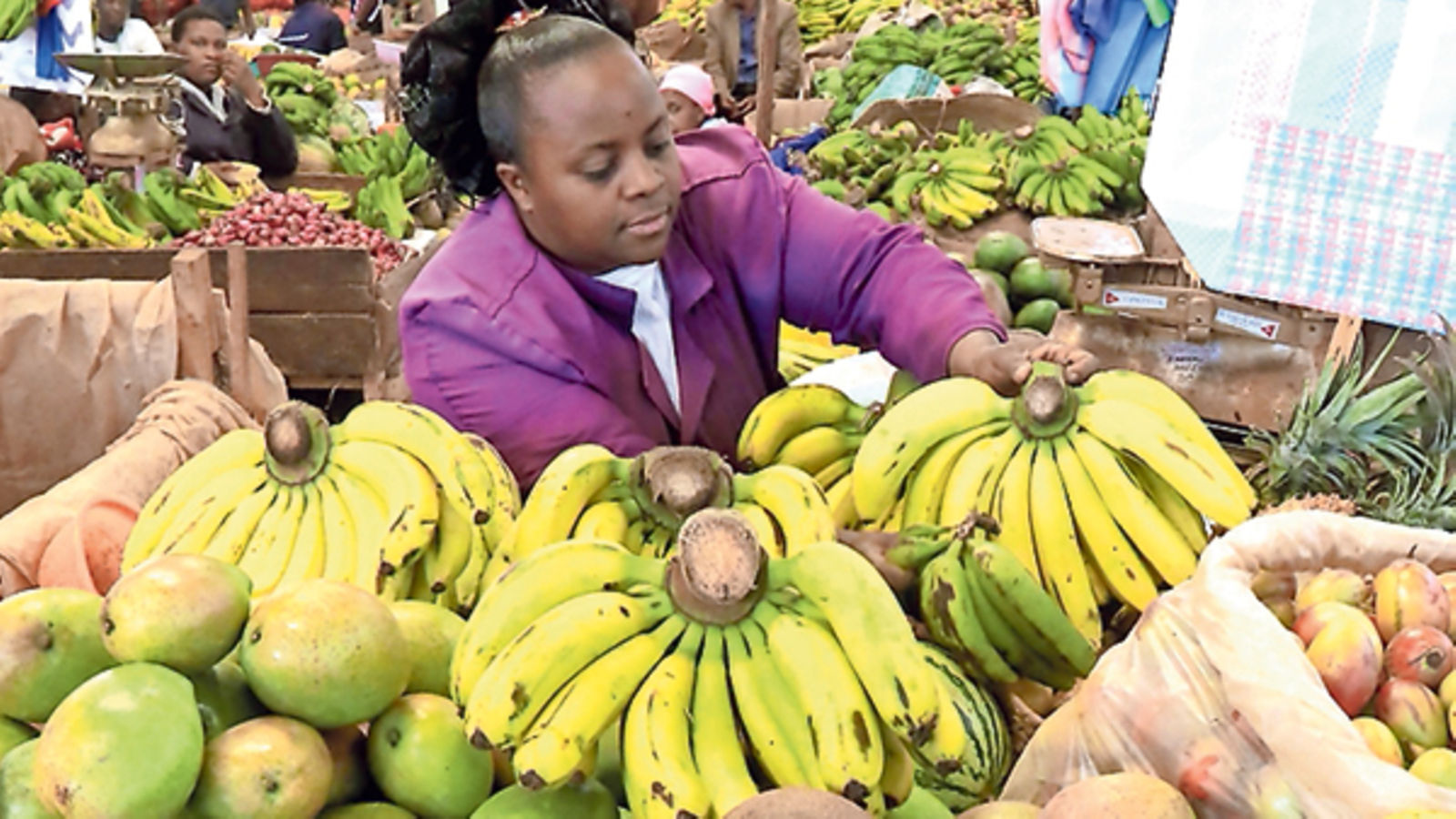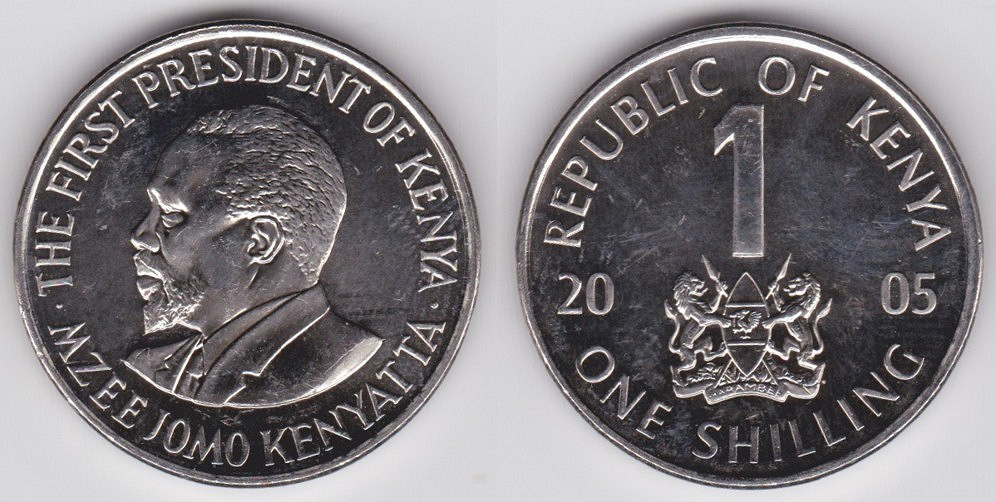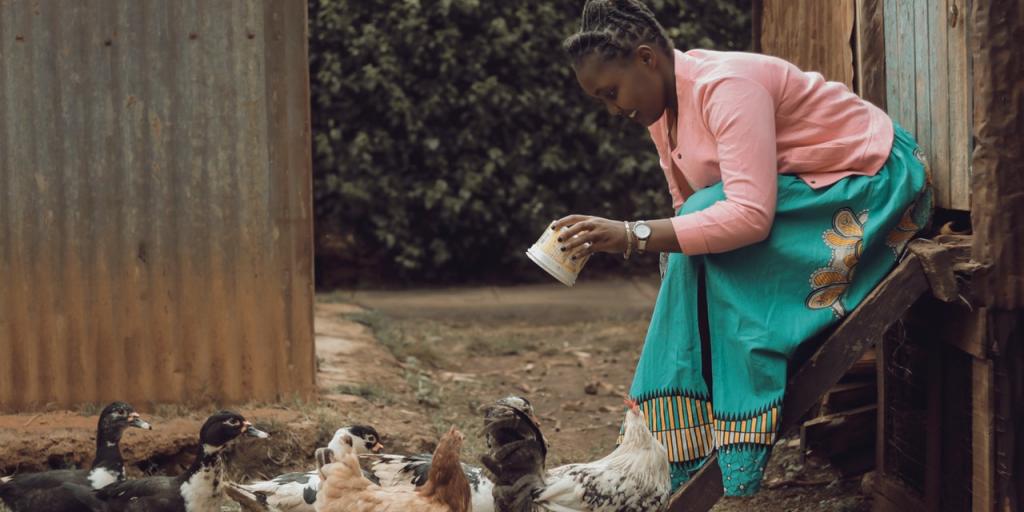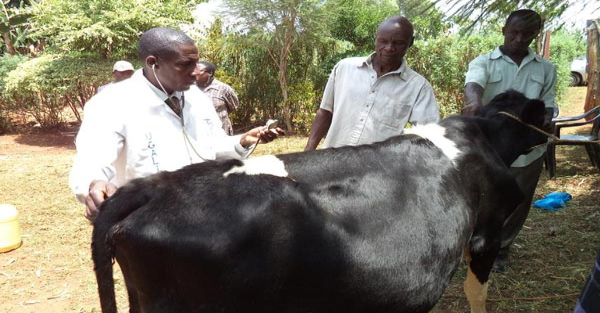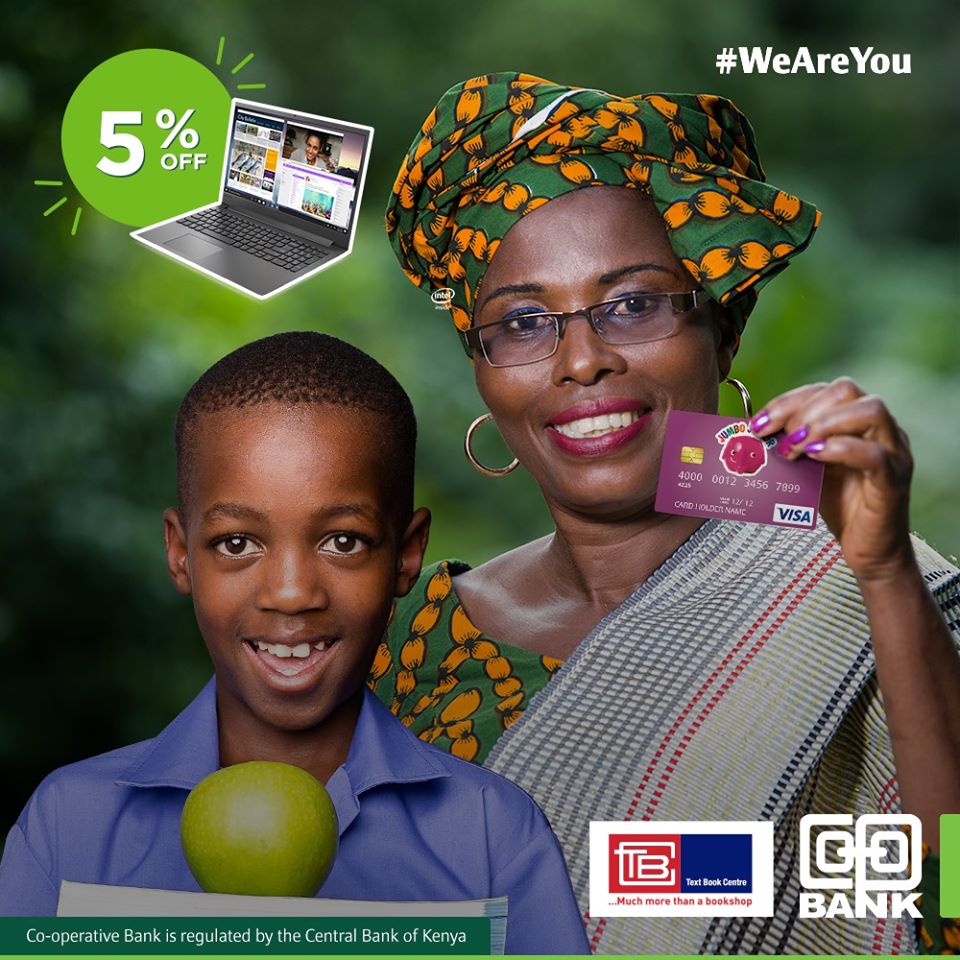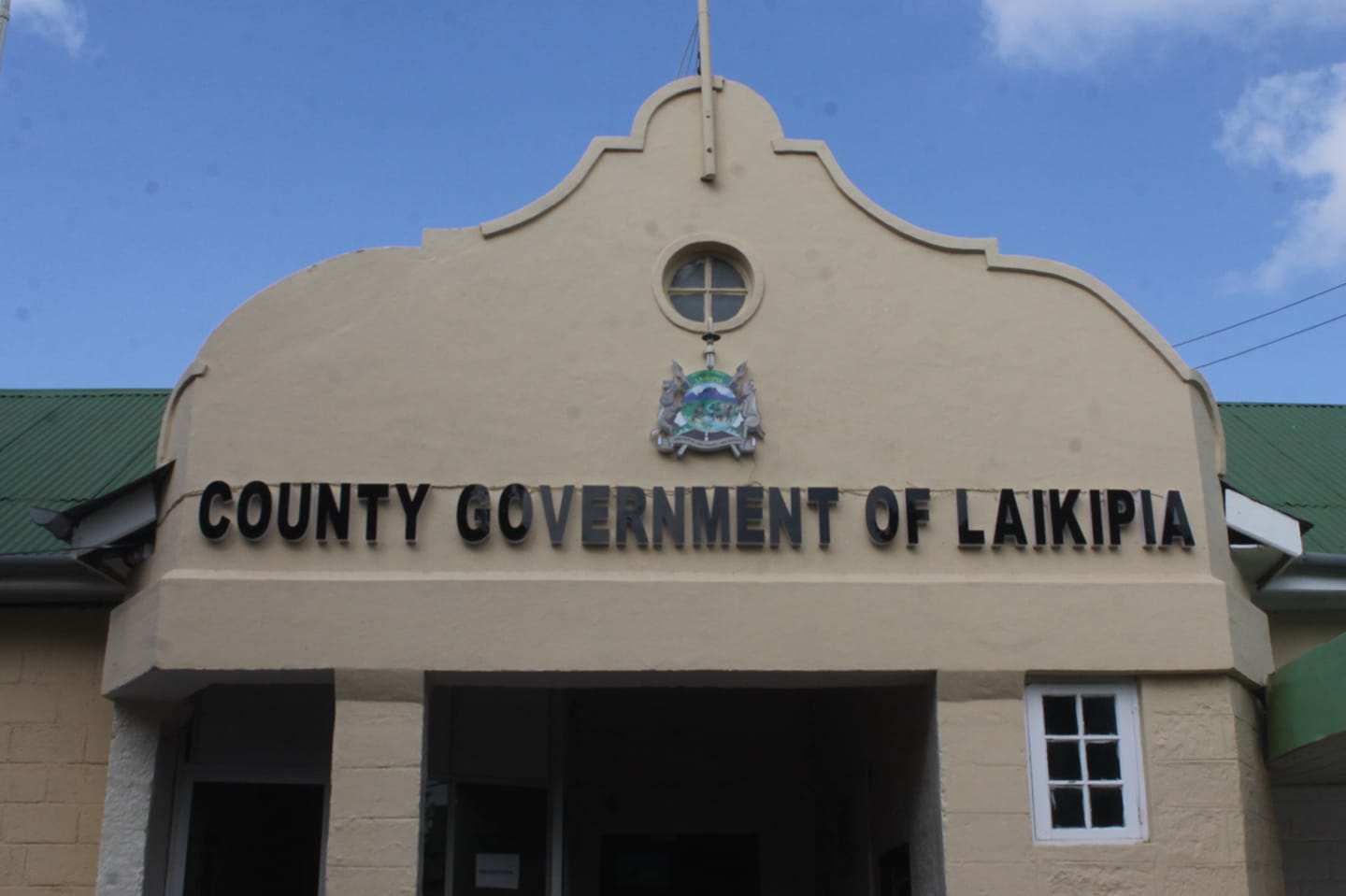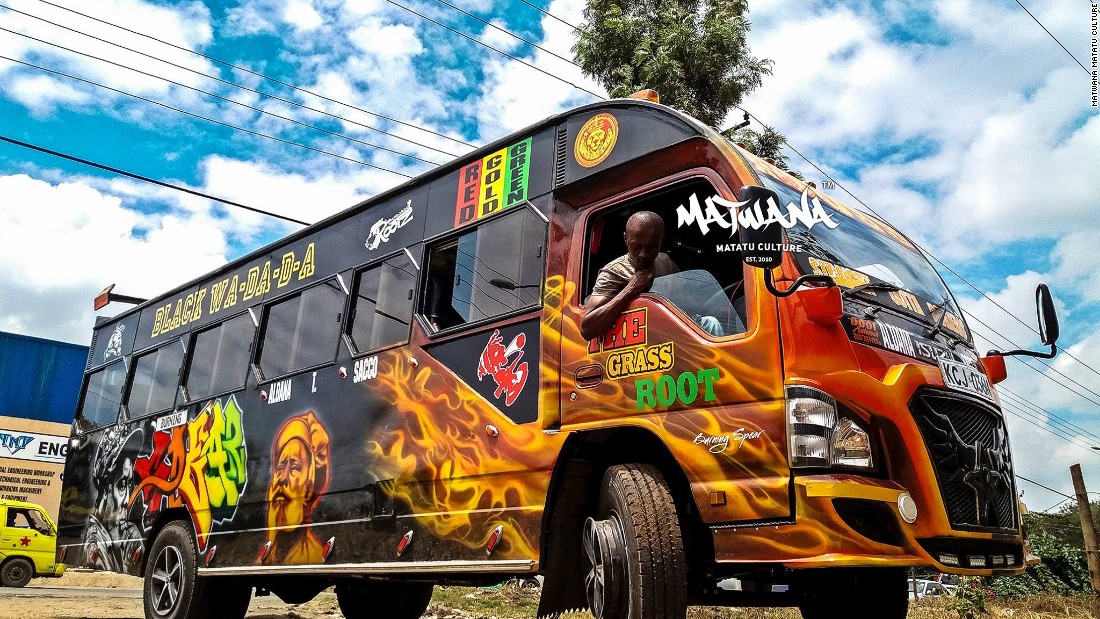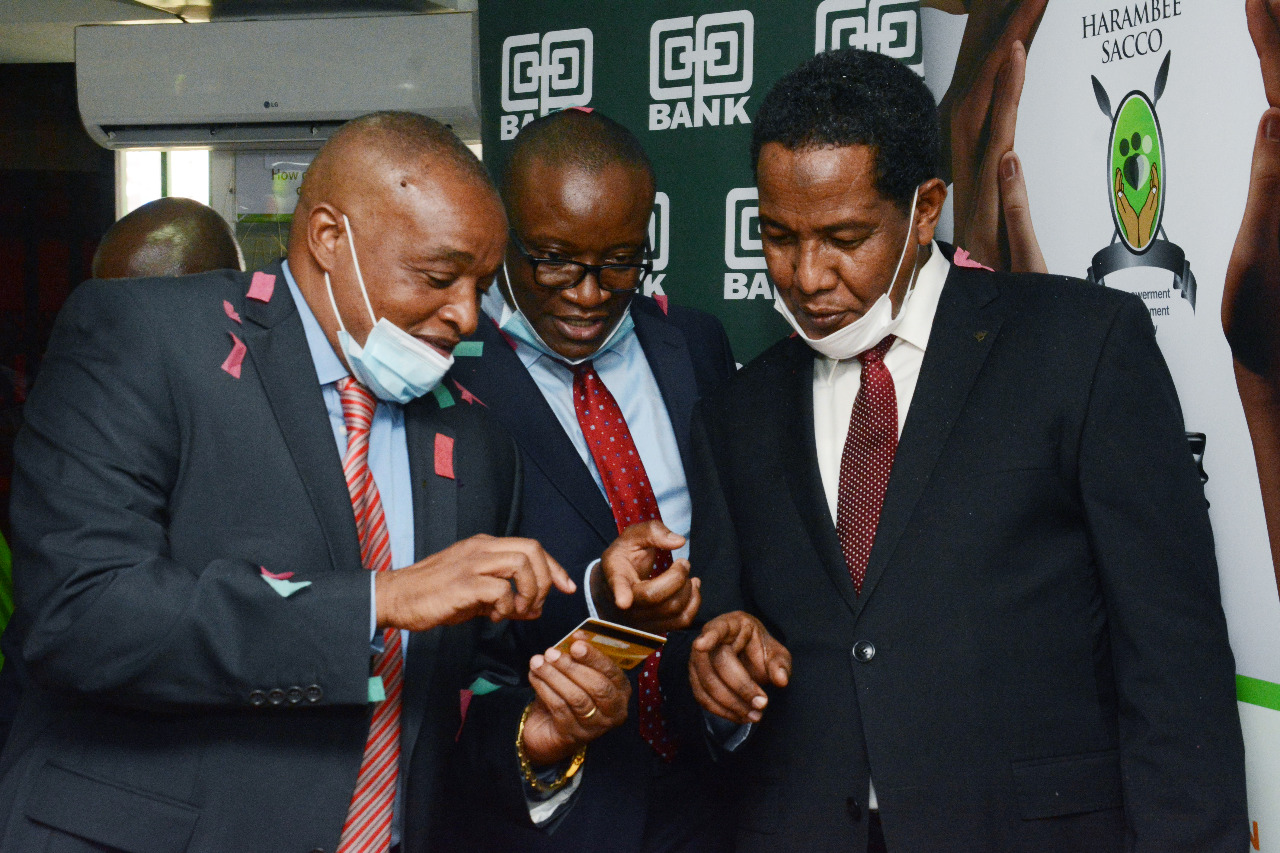Toyota Kenya and Co-operative Bank have entered into a strategic financing partnership that will enable the bank’s customers to purchase commercial and personal vehicles under Toyota Kenya’s portfolio, including Toyota, Suzuki, Hino and Yamaha.
This Scheme is expected to assist business recover from the ravages of Covid-19, as customers require to place a down-payment as low as 5% to purchase the vehicles, as financing of up to 95% will be provided.
In addition, repayment of the loan is for a long period of up to 60-months.

Co-op Bank will also extend a Kshs. 500,000 working capital loan – without additional security – to the successful applicants of the Toyota Vehicles. What’s more, to give customers some relief to enable them build cash for repaying the loan, customers will enjoy a grace period of 2 months (60 days) before they begin paying back the loan.
The new partnership also allows fleet customers under Coop Fleet Africa, the leasing arm of Co-operative Bank Group, to acquire more units. This is an amplification of the existing deal that only covers the commercial segment with the financing of the Hiace van and Hilux pickups.
Managing Director Toyota Kenya, Arvinder Reel, in lauding the improved deal said the pandemic demonstrated the need to support individuals and sectors that are at the heart of the country’s economy with flexible options to acquire key assets for their operations.
“Our partnership with Co-op Bank goes beyond just the sale of the vehicles. We are saying this is an improved partnership since customers will also receive professional training for their drivers under the Toyota Advanced Driving program and the Yamaha Riding Academy, for those who purchase the Yamaha motorbikes,” he said.
“From our lineup of quality, durable and reliable commercial and passenger vehicles, Toyota Kenya shall continue prioritizing solutions that support Kenyans towards their personal and business re-building in the wake of the pandemic,” he said.

Toyota Kenya has over the years been a great champion of growing the local automotive industry through the production of various models under its stable, hence building the local content supply chain, transferring technology and creating direct and indirect jobs for Kenyans.
“Currently, Toyota Kenya locally assembles 11 varied models which includes Hilux & Land cruiser pick-ups, Hino trucks and Yamaha motorcycles,” he noted.
On behalf of Co-op Bank, the Director of Corporate and Institutional Banking, Mrs. Jacquelyne Waithaka said that the scheme is available for those customers who want direct acquisition of the vehicles, or for leasing. The bank has made the terms flexible to accommodate MSME’s, Co-operatives, Corporate, Individuals and Farmers, to support them re-tool their businesses as the economy re-opens.
Even after the lifting of the interest rate capping, the two firms have agreed to keep the borrowing rate at 13% on reducing balance.







